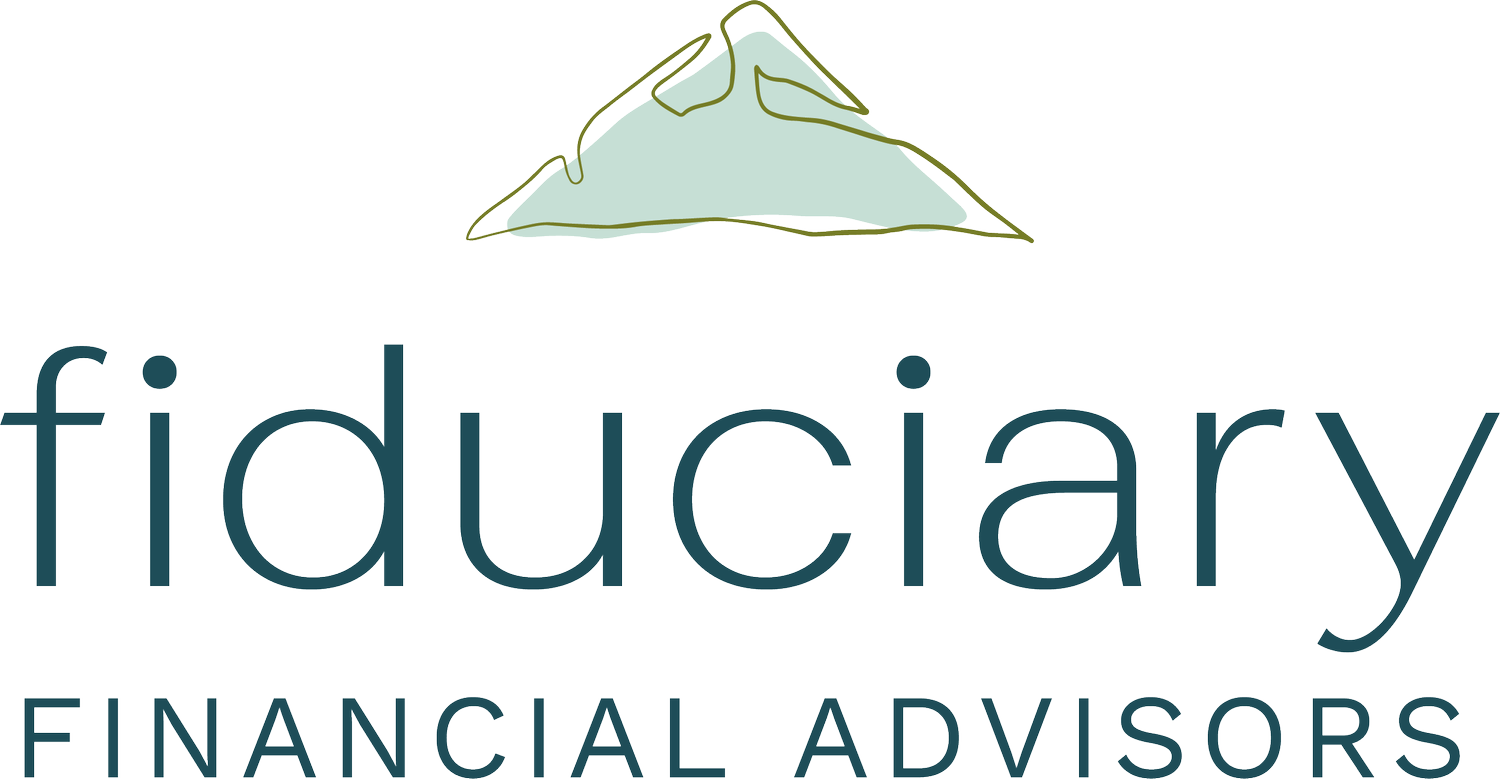Are You Leaving Money on the Table? Hidden Employer Benefits You Might Be Missing
When most people think about employer benefits, the usual suspects come to mind: health insurance, 401(k) matching, and paid time off. But dig a little deeper and you might be surprised by what your employer actually offers—and what you could be missing out on.
Many companies offer a suite of lesser-known benefits that can boost your financial well-being, improve your work-life balance, or simply make life a little easier. The catch? They’re often buried in your onboarding documents or HR portal, and easy to overlook.
Here’s a rundown of commonly missed or hidden employer benefits worth checking out:
1. Student Loan Repayment Assistance
More companies are stepping up to help employees tackle student debt. Under current tax law, employers can contribute up to $5,250 per year toward your student loans tax-free through 2025 (thanks to a CARES Act provision). Yet many employees don’t realize their company offers it.
What to do: Ask your HR department if they participate in a student loan repayment program or offer any partnerships with refinancing providers.
2. Tuition Reimbursement or Continuing Education
Even if you’re not pursuing a degree, your company might reimburse you for professional development courses, certifications, or even conferences. These benefits often have annual limits, but can save you thousands—and boost your career.
What to do: Look for policies on tuition or education reimbursement in your employee handbook or HR site. You may need to get courses pre-approved.
3. Legal Services
Some employers offer access to legal services as part of their benefits package—often at no cost to you. This can include estate planning, will preparation, tax consultations, and even identity theft protection.
If your financial situation isn’t complicated, this is often the cheapest and easiest way to address these important documents like wills, durable power of attorney, living wills, and even trusts!
What to do: Check your benefits to see what it would cost you to sign up for the services for a year and get it all done! Make sure to do the research on how much those documents cost you in addition to the employee benefit service.
4. Dependent Care FSAs & Backup Childcare
Dependent Care Flexible Spending Accounts (FSAs) let you set aside pre-tax dollars for childcare, after-school programs, and summer camps. Some employers also provide emergency or subsidized backup childcare—a lifesaver when your regular care falls through.
What to do: Check your benefits portal during open enrollment and keep an eye out for family support programs.
5. Adoption, Fertility, and Surrogacy Benefits
Many larger employers now offer financial support for fertility treatments, IVF, egg freezing, or adoption assistance. These benefits can be worth thousands of dollars—and are often available regardless of marital status.
What to do: Ask HR if your benefits plan includes any reproductive health or family-building support.
6. Sabbaticals or Paid Volunteer Time
Some companies offer paid sabbaticals after a certain number of years or paid volunteer days each year to give back to your community. These benefits don’t always show up in your standard time-off policy.
What to do: Ask about long-term tenure perks or community involvement policies.
7. HSA Contributions and Wellness Incentives
If you have a high-deductible health plan, you may be eligible for an HSA (Health Savings Account)—and your employer might contribute to it. Some companies also offer cash or gift card incentives for completing wellness activities, like health screenings or fitness challenges.
Let’s go even further and discuss the benefits of investing your HSA and what tax savings that means for your family!
What to do: Log into your benefits portal and review your wellness or HSA sections—you might already have free money waiting.
8. Commuter Benefits or Travel Reimbursements
If you commute or travel for work, you may be eligible for pre-tax transit benefits or reimbursement for work-related travel expenses (including bike maintenance in some cities!). These can be easy to miss if you’re remote but occasionally go into the office.
What to do: Look for a transportation or commuter section in your benefits site—or ask your HR rep directly.
Don’t Assume, Ask
Many of these benefits go unused simply because employees don’t know they exist. If you're not sure what's available, don’t hesitate to ask. You might be sitting on free money, extra perks, or valuable resources that can support your financial and personal goals.
Taking full advantage of your employer’s benefits is one of the easiest ways to improve your financial life—without needing to earn another dollar.
As a client of mine, I review employee benefits on an annual basis. I’d be happy to review your benefits on a complimentary basis. The little details and decisions matter to the health and well-being of your full financial plan. Let’s connect!
Recent Articles Written by Kristiana:
Fiduciary Financial Advisors, LLC is a registered investment adviser and does not give legal or tax advice. Information presented is for educational purposes only and does not intend to make an offer or solicitation for the sale or purchase of any securities. The information contained herein has been obtained from a third-party source which is believed to be reliable but is subject to correction for error. Investments involve risk and are not guaranteed. Past performance is not a guarantee or representation of future results.
Fiduciary Financial Advisors does not give legal or tax advice. The information contained does not constitute a solicitation or offer to buy or sell any security and does not purport to be a complete statement of all material facts relating to the strategies and services mentioned.














